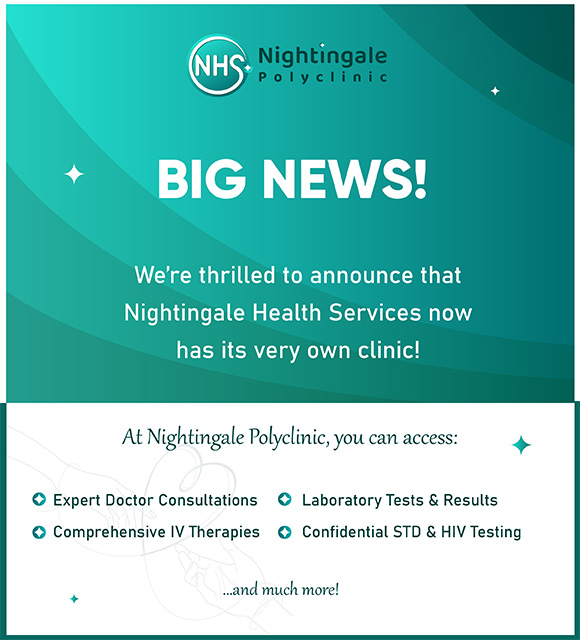
With World Breastfeeding Week coming up on the 1st to 7th August, we asked Nightingale’s Public Health Practitioner Julia Youll about some of the most common questions she gets asked by new parents.
Read her advice here and feel free to get in touch with us for one-to-one support on your breastfeeding journey.
1. When will my milk come in, and what can I do about engorgement?
The first stage of milk is called colostrum; it develops during pregnancy and gets replaced by true milk after about three days. You will see the colour and amount of your milk change, but you may also have quite swollen and tender breasts when extra fluid accumulates in the breast tissue.
Try to feed frequently (around every two hours at least) and avoid a backlog of milk. You can soothe any discomfort and drain the breasts by standing under a warm shower, smoothing the skin downwards with a soapy hand. Applying alternate cool and warm flannels or compresses may also help.
Some people recommend applying cooled cabbage leaves straight from the fridge, the savoy variety! Gently expressing by hand between feeds can relieve engorgement, but try to avoid mechanical pumping at this stage as it may make the problem worse. Leaking milk is to be expected but this will settle as the baby grows.
2. How can I tell if my baby is getting enough milk?
Many new mums worry about this in the early days. The immediate signs of optimum milk are plenty of wet and mustard yellow nappies and a baby who falls asleep after their feeds in a milky stupor! You can usually expect your baby to regain their birth weight around two weeks after delivery.
Aim to feed as soon as the baby shows signs of readiness to latch; frequently draining the breasts at a feed will promote a good supply for later. If you have any concerns about your milk supply or the baby settling, it’s worth chatting to a breastfeeding specialist, as many common issues can be resolved quickly. For example, the presence of a tongue or lip tie could affect the baby’s ability to access the milk.
If you’re tired, feeling emotional, or sense that the milk isn’t flowing as fast, try skin-to-skin contact with the baby lying on your chest. Failing that, soak in a bath, try to rest and relax, ask your partner to take the baby for a short while, and drink plenty of fluids. Adrenaline is very powerful and can temporarily disrupt the milk hormone oxytocin if you’re feeling stressed.
3. Do I need to supplement my baby with water or other fluids?
Your baby doesn’t need anything other than breast milk for at least the first five months if you wish to exclusively breast feed. Breast milk adapts to hot climates and extra water is not necessary to quench their thirst.
4. How can I help my baby to latch properly?
Latching effectively from the start can be the key to successful breastfeeding and good milk supply. I recommend speaking to a lactation consultant or breastfeeding specialist if you need any help or advice in the early days. Rather than nipple feeding, the baby needs a full open mouth to compress the milk ducts beneath the areola. This is a skill that doesn’t always come naturally to you both, and it’s worth looking for signs that they’re attaching correctly before each feed.
5. What can I do for sore nipples?
Following on from the previous question, a good latch is the best way to prevent very sore nipples, but even then, it’s sometimes difficult to avoid completely. Nipple soreness does get better as time goes on. If you need to use a soothing balm, you can apply pure lanolin cream (hypoallergenic) or even a few drops of breast milk between feeds. If soreness and cracks continue to be a problem other factors need to be ruled out, so it’s worth seeking professional advice. Also, if breastfeeding is painful at any stage of a feed, gently remove your baby and attempt to latch again.
6. How often should I breastfeed?
Feed as frequently as you can in the early weeks, watching for other feeding cues before the baby actually cries. This really boosts milk supply, because the more milk that is removed, the more milk you will continue to make.
After a few weeks when your supply is more established, the baby will be a pro, and while they might still be feeding frequently, the feeds will be much quicker. Bear in mind the baby is programmed to wake at night in the first few months. Plus, the hormones designed to support milk production are higher at night, helping to increase milk production for the next day.
7. What can I eat and drink whilst breastfeeding?
Basically you can eat and drink pretty much everything, though in moderation. Some very sensitive babies may react to certain food substances in your milk, but this is thankfully rare. You can require up to 500 extra calories a day to make milk, so indulge in that chocolate bar! Alcohol and heavily caffeinated drinks are best avoided in the early weeks when the baby is very tiny, but then you can start to enjoy an occasional glass with your evening meal and a coffee in the mornings.
8. How can my husband/partner help whilst I am breastfeeding?
The main tips for your partner are simply to be there, give encouragement and bring plenty of tea and snacks! When the supply is more established, around the four to six-week mark, it’s possible to pump milk so that he can offer a bottle of expressed milk while you have a long bath or an early night. (Our postnatal training classes will help you get trained on milk expressing).
9. How do I feed in public?
This is sometimes a worry initially but soon you will be an expert. The UAE is extremely breastfeeding positive and there are plenty of places to feed if you need privacy in the malls. However, a breastfeeding cover or a thin muslin is perfect when out with friends and family for coffee or lunch. There is no reason why you should be at all limited if you feel comfortable with feeding whilst out and about. Grab a spare nappy and go!
10. When can I start expressing milk?
Gentle hand expressing can be done from the outset to relieve overly full breasts or to soften them before the baby latches. Using a mechanical pump is normally not recommended until the supply and demand system of milk production is aligned (at least 4 weeks). After that, women often want to pump during or after feeds to build up a supply for returning to work or for babysitters. Clearly, it is a very different situation if the baby is in NICU or when you suddenly need to be separated – then, using a breast pump is crucial.



